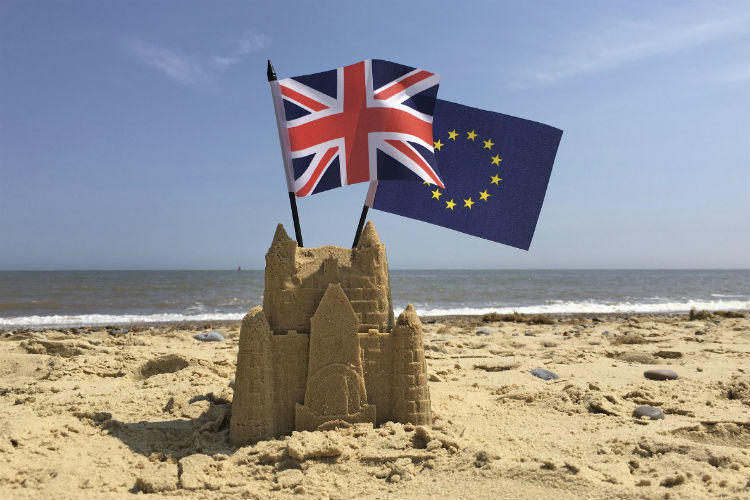Aviation 'top of Brexit agenda' but UK EASA access 'unlikely'
 James Chapple
James ChappleAn aviation deal is top of the Brexit agenda - but the UK remaining in EASA after Brexit is “quite unlikely”, a leading travel lawyer has warned.
Neil Baylis, partner at K&L Gates and an expert on EU and UK commercial and competition law and travel, said there is “good political will” for a post-Brexit aviation agreement.
But speaking at Abta’s Travel Law Seminar, Baylis said a no deal scenario was still possible, with the UK defaulting to World Trade Organisation (WTO) rules, which make no provision for air, rail and maritime agreements and would require bilateral agreements with member states.
“It [aviation] is right at the top of the agenda,” said Baylis. “The domesday scenario is obvious if there was no deal - airlines may relocate to the EU. EasyJet has already created a subsidiary in Vienna, and Ryanair keeps speaking of a ‘Brexit clause’.”
Baylis said there is “political will” for the UK to remain in EASA, the European Aviation Safety Agency, but this was “quite unlikely”.
Theresa May has previously said the UK would seek to remain a member, but this would place the UK under indirect jurisdiction of the European Court of Justice - the Prime Minister’s own “red line” and something the UK has studiously sought to avoid throughout the Brexit negotiations.
The alternative, said Baylis, is to pursue observer status, similar to that of Switzerland, Norway and Iceland.
“There are hard negotiations ahead,” he said. “These deals take years to negotiate. The framework is a few months. That’s just not realistic.
“I think we’re going to see some flexibility on the December 2020 date. The transition period could be up to 10 years.
“There is a clear desire on both sides the air travel situation is resolved as quickly as possible and I’m sure something that will be taken care of.”
Sign up for weekday travel news and analysis straight to your inbox

James Chapple
Supplier Directory
Find contacts for 260+ travel suppliers. Type name, company or destination.














